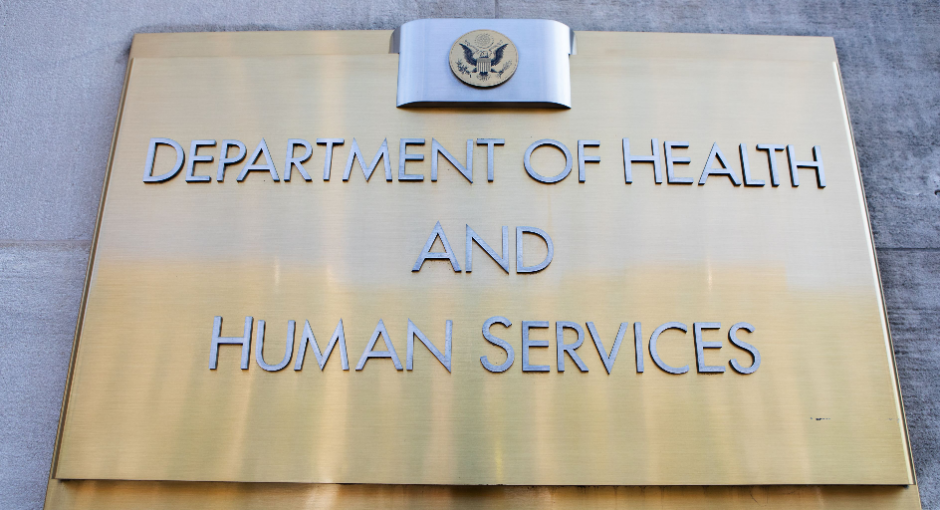Federal health officials should not be allowed to craft their own plan to remedy unlawful Medicare Part B drug payments cuts for 340B hospitals since 2018, as the government has not shown how it would stop future illegal payment cuts, the American Hospital Association and other hospital groups told the U.S. District Court for the District of Columbia last week.
The U.S. Department of Health and Human Services (HHS) has also failed to show how immediately raising reimbursements to 340B hospitals would be disruptive, the groups said in an Aug. 17 reply to the government’s opposition motion filed Aug. 12. The hospital groups asked the court on Aug. 3 to immediately halt a nearly 30% Medicare Part B payment cut in place since 2018 for hospitals’ 340B-purchased drugs.
“HHS’s central error is that it confuses fixing past violations with avoiding future ones,” the hospital groups told the court in their Aug. 17 filing. “HHS has no real plan to stop underpaying 340B claims for the remainder of 2022 and will continue violating the law unless this court orders it to stop.”
The hospitals reiterated their position that the court should promptly vacate HHS’s 2022 Outpatient Prospective Payment System rule’s unlawful provision that cut 340B reimbursements for 340B hospitals to an average sales price minus 22.5% rate from the general rate of ASP plus 6%.
The Supreme Court in June ruled that the cuts were illegal for 2018 and 2019 but the hospital groups that prevailed in that case also want the cuts declared unlawful for 2020, 2021, and 2022.
“HHS never explains what it plans to do to stop violating the law going forward so that it does not compound its past mistakes with months and months of more unlawful reimbursements,” AHA and the other groups argued. “HHS’s efforts to complicate this simple issue contravene blackletter administrative law: ‘When a rule is contrary to law, the ordinary practice is to vacate it.’”
“[HHS] is asking the Court for permission to continue violating the law, each and every day, for the remainder of 2022,” the hospitals argued, “Yet in the same breath, HHS asks to be allowed to apply its unlawful policy to future reimbursement decisions for a period of time which it alone would determine.” The groups said HHS—particularly given that the Supreme Court took up the case a year ago—had ample time to prepare for the possibility that the 340B payment cut would be struck down.
In their court filing, the groups blasted HHS’s proposal to adjust reimbursement rates for the 340B entities in future years to make up for underpayments in the past.
“The suggestion of an offsetting rate increase in a future year presumes underpayments for the rest of 2022; it does not avoid them,” they argued. “Making up for past underpayments—whether through future rate increases or otherwise—has nothing to do with stopping the unlawful underpayments for the remainder of this year. HHS is simply asking for permission to continue violating the law for the remainder of the year and make up for it later.”
They also slammed the government’s claim that upping the reimbursements mid-year would result in significant disruption to the agency, arguing that fixing the problem is straightforward. “There is only one way for HHS to comply with its statutory obligations for the remainder of the year: apply the same payment rate to 340B hospitals that currently applies to all other hospitals,” the groups said.
They added, “As this court previously noted, courts typically do not afford an agency an opportunity to craft a remedy on its own ‘when there is only one rational course for the agency to follow upon remand.’”
Moreover, they said the court doesn’t have to decide the issue of budget neutrality in order to vacate the unlawful rule, and HHS can pursue the budget issue separately. “HHS should not be permitted to invoke budget neutrality as a basis for continuing to act illegally going forward,” the groups said.


